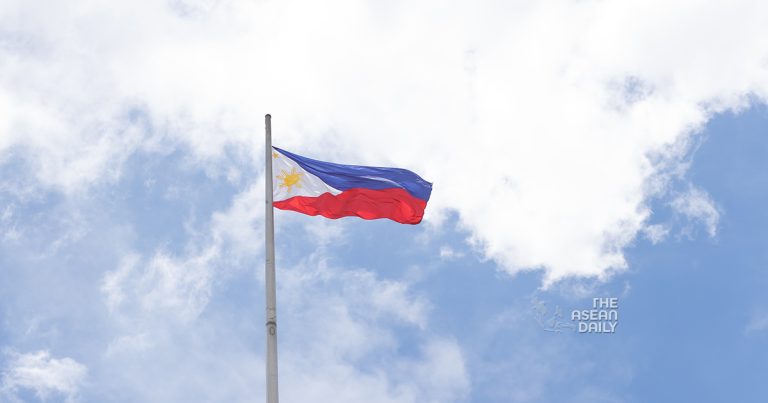20-7-2023 (MANILA) The political landscape in the Philippines is shaped by two major forces influencing President Marcos’ governance strategies: pursuing his father’s legacy while managing the Duterte administration’s policies. This analysis examines how these forces may impact the nation’s future.
During his first half of rule (1965-1986), Marcos Sr. laid a solid foundation through reforms like agrarian, bureaucracy and cooperative strengthening. His foreign policy sought Philippine independence by engaging more countries while maintaining U.S. ties. The younger Marcos, who witnessed this shift, is unlikely as beholden to Xi Jinping as Rodrigo Duterte was after being mesmerized by China’s president.
Marcos Sr effectively used the “New Society” brand to instill patriotism. This campaign’s ubiquitous slogans, songs and posters united sectors behind government. The impact still resonates, motivating Mr. Marcos’ “Bagong Pilipinas” campaign to foster pride and trust in government. The strategic theme and Marcosian style may create a coherent image of progress.
Despite lacking his father’s presence, Mr. Marcos shouldn’t be mistaken for reluctance to break ties. His “friends to all, enemies to none” approach avoids confrontational stances but resembles China’s “push with words but pull with action” toward the Philippines.
Duterte’s continued presence through SMNI only diminishes his stature. Associating with rogue figures mattered little as president but now paints a pathetic picture. Regaining relevance demands interviews with respected journalists but facing online trolls remains daunting.
China’s dependence on Duterte, by failing to deliver promised projects while neglecting a mutually beneficial West Philippine Sea arrangement, undermined his credibility. His appeasement strategy, favoring “Philippines as China province,” alienated people who welcomed his presidency.
Despite a promising start, Mr. Marcos faces legitimacy concerns due to May 2023 victory doubts like those surrounding Marcos Sr.’s Constitution ratification. His Maharlika Fund risks endangering long-term finances, resembling money laundering.
His main adversaries are “backsliding” and diverting key reforms when a likely successor emerges midterm, shifting national attention, alliances and trajectories.
The 2028 presidential race will likely center on policy issues signaling a departure from personality politics, covering relations with China versus U.S. allies, food security, cost of living, infrastructure, livelihood, education, law and governance. It will serve as a China-U.S. battleground.
Forces in nature and culture, like rivers remembering pathways over eons, remind us that political dynamics in the Philippines shaped by Mr. Marcos, Duterte and China will undoubtedly reshape its future.




